A collection of my thoughts after reading Paula McLain’s The Paris wife.
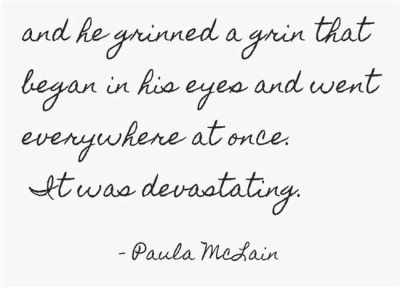
Ernest Hemingway has always been an enigma, and as enigmas go, there is a lot of devastation and chaos behind them. I did not go seeking this book, it found me in a thrift store sale almost two years back. Since then, it has been waiting patiently, biding its time for me to pick it up. A cleaning spree last week finally diverted my attention towards it with full force, and I scooped it up with a spark of a child finding her long lost toy.
This is what fiction does to me. It is nostalgia stuck in a pathway between the present and my childhood. Every time there is a prospect of a good fiction entering my life, my eyes light up, and when I finish it, there is only gloom and hangover for a while as I try to make sense of the real world and my book world. I use fiction as the necessary distraction from everyday nothingness and the rigidness of non-fiction.
“The Paris wife” could not have come into my life at a better time. I am a huge admirer of the great Jazz Age, and all the merry it seems to be. Underneath it all, any writer worth their salt knows exists a world of emptiness and unspeakable trauma that led the greatest literary minds of that generation towards alcohol and self-destruction. But I have always asked myself this – Is it really self-destruction if it makes you happy and you are doing it knowing fully well? Sounds a lot to me like love, where we convince ourselves we seek happiness with another soul, all the while destroying each other just a little bit, all in the name of love.
“How unbelievably naive we both were that night. We clung hard to each other, making vows we couldn’t keep and should never have spoken aloud. That’s how love is sometimes. I already loved him more than I’d ever loved anything or anyone. I knew he needed me absolutely, and I wanted him to go on needing me forever.”
Anyways, The Paris wife really brings to life the character of Hadley Hemingway, Ernest’s first wife, who took to him from the moment they meet at Chicago. She is 8 years older, shy and protected by her family. The book paints a vivid picture of her childhood, of those days of the suffragette, her overprotective dominating mother, her depressed father who ends up lodging a bullet into his own head, her self righteous older sister, who wants to keep Hadley in her sickness shell. Hadley is 29 years old, almost at the verge of giving up on romantic love, when she meets Ernest, fondly known as Hem, who is all of 21, and burning with ambition to make it big in the literary world.
“I’d never met anyone so vibrant or alive. He moved like light.”
He isn’t shy at all about his attraction for Hadley and continues to pursue her with his youthful exuberance and effortless charm. Hadley goes against everything she has been taught because she knows in her gut she wouldn’t have it any other way. She had to choose adventure over safety, even if it destroys her. I particularly enjoyed the letters they wrote to each other during their brief courtship period and experiencing them through Hadley’s eyes.
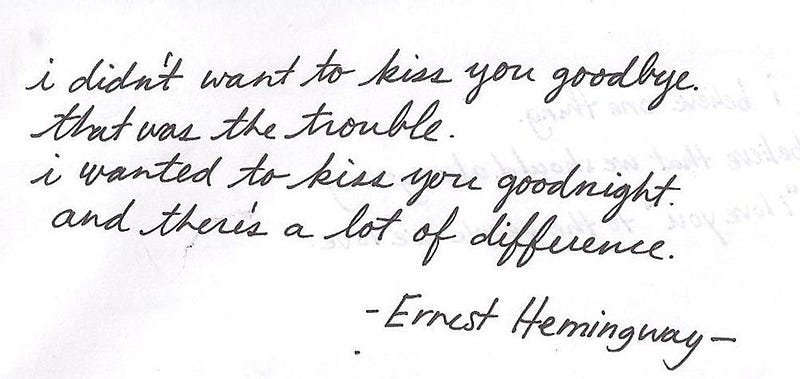
I feel there is a certain magic about young love. Falling in love at an age when you do not know better. When you don’t want to know better. I have deep admiration for people who have the courage to fall in love when they are young and take the plunge. Hem and Hadley, share a similar story, a whirlwind romance that ends up in marriage. They move to Paris where their story really begins. It is one of a struggling artist, an ambitious egoistic man, a dependent lover, a desirable boy who is just in his early twenties, all told through the eyes of a strong-headed woman, who is simple and straightforward in her thoughts and words.
From the moment, their story starts, you know its gonna end badly. You know this is not a happy ending story, you know there is gonna be another woman involved somewhere, sometime, but all of that still does not stop you from completely investing in their love story. You want to stay with them, their promises, their dependencies and their complex life, and root for them till the very end.
Hadley’s character has me going from the moment I was introduced to her, her fears of starting a new life in a new city, the insecurity of marrying a young man who was sure to make it big, and more importantly, who always put his work before anything else including her, and the painful truth that he needed her around to do that. He needed her to be the pillar of strength to go pursue his life. As she puts it — “He wanted everything there is to be gotten. And more. “
There is a certain devastating beauty in this kind of love story. You cannot call it false. The love is true, as true as it can get, but everyone knows it is slowly nearing its death. The expat literary crowd brewing in Paris at the time makes things all the more interesting. The men are deeply disturbed by the war and have given up on the system. Culturally, it was a turning point for Paris and the artistic values it stands for. For freedom. For art. Paula’s writing brings the entire scene alive, and for me, it is fascinating to follow the women’s liberation scene in that era. Of course, it is amusing to imagine Ezra Pound, Gertrude Stein, and Scoot Fitzgerald having a drink at the bar together, and also a little surreal, but it is the women characters in their lives that I find interesting. Take Scott’s Zelda for instance, I can just imagine her personifying Jazz with her silver layers and glittery charm. She would do literally anything to stay relevant in a room. Take Pauline, the woman who Hem finally left Haldley for, the Vogue journalist, with a strong catholic sense. She was all about freedom and being modern, yet she slept with a married man and tried to convince Hadley that the three of them could work it out. The coming out of women, and the definition of modern in that era continues to baffle me. And then you have Gertrude Stein who openly lived with her partner Alice, and such was Paris in those times — Confusing and free-flowing.
“There was only today to throw yourself into without thinking about tomorrow, let alone forever. To keep you from thinking, there was liquor, an ocean’s worth at least, all the usual vices and plenty of rope to hang yourself with.
If I could go back in time, to a time and date, there is where I would go, with the illegal absinthe flowing, Ernest and Gertrude arguing, and the best writing of the century brewing all alongside dirty streets reeking of urine, and filth, and Hadley Richardson trying to make sense of it all in her head, as the Paris wife.
As for you, who are reading this, if you are at all interested in the lost generation Paris encounters, then this is a wonderful book about love and the life of an artist.
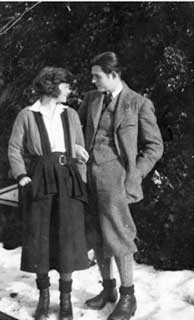
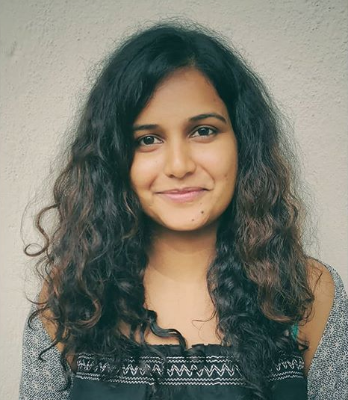
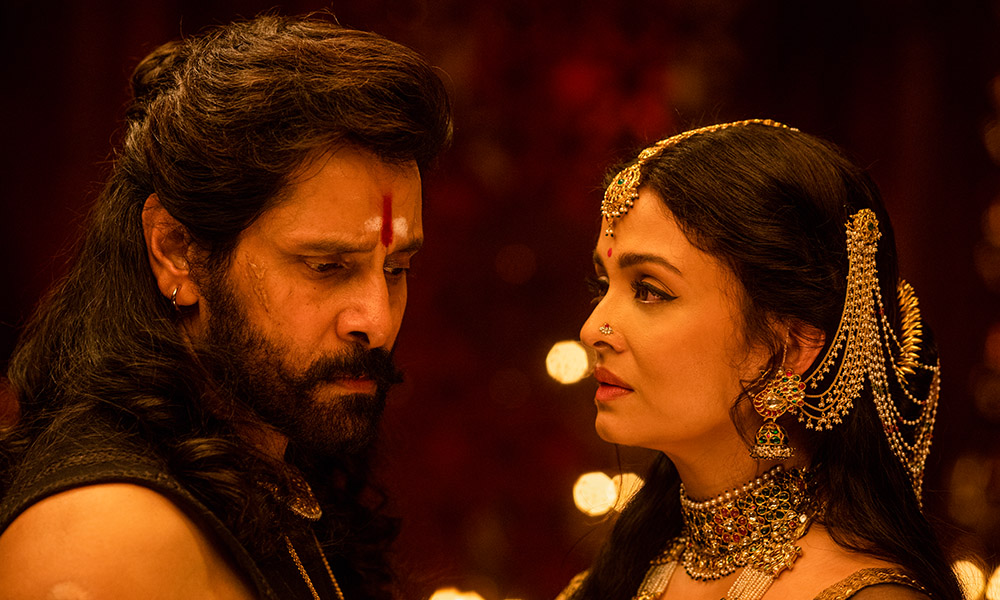
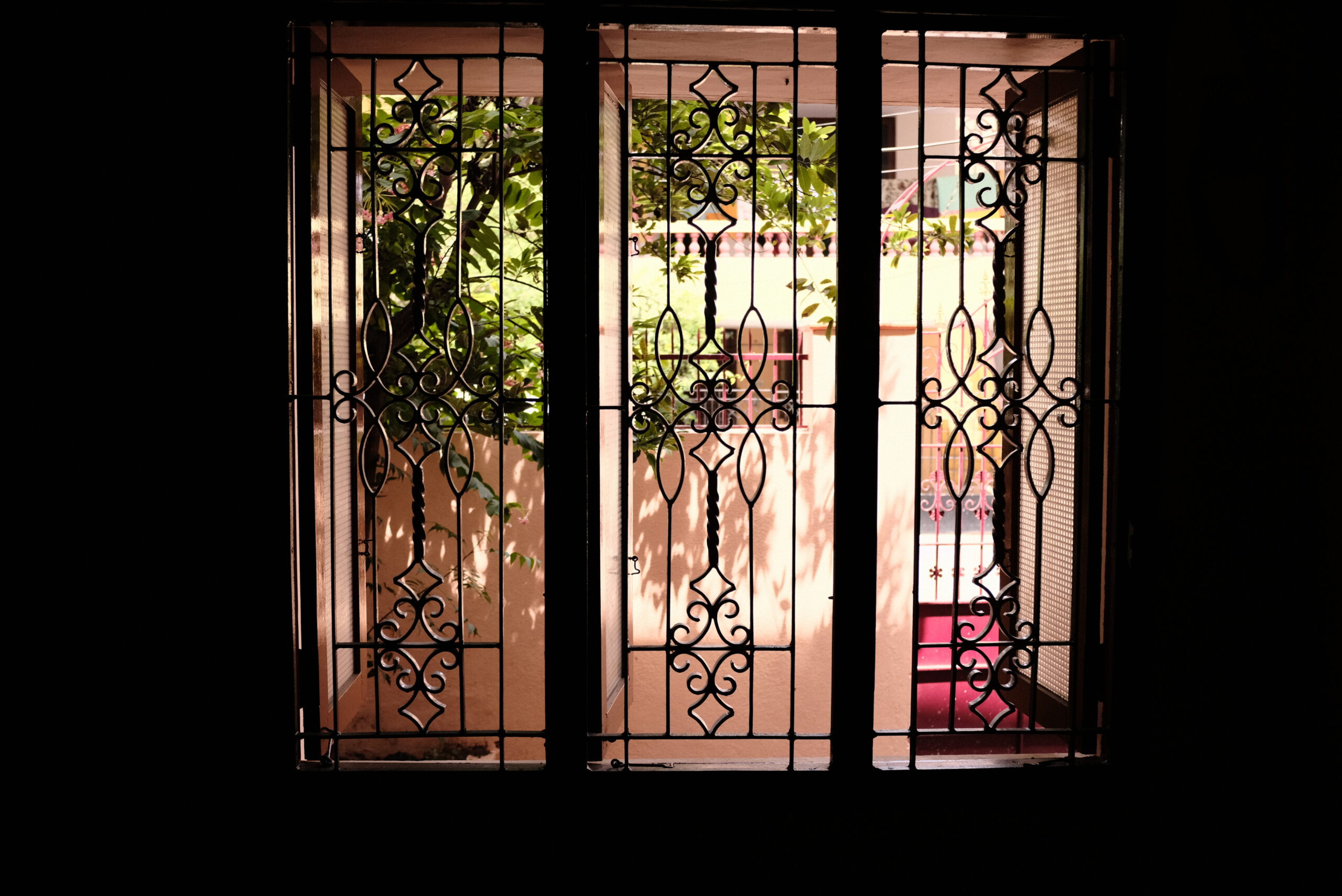
May be you come straight from that time, actually I know you do. A soul transported into a time zone that makes you feel like an alien visit here, like oil on water, not immersed in it, just a film above it, and very righteously looking down on everything else. Your books can’t take you back, they can make you feel what you long to feel, may be you were the wife, may be you were the muse you admire in those times, but I feel you were a man, an artist who admired all these women and wanted each of them, not to possess, but to experience, not to marry, but just to live together for a while. A soul that misses that music, that smell, that class, which any of our nightclubs can’t offer, atleast not in India. Not that they should, I doubt if even Paris can. How is a soul like yours supposed to go on a road to self discovery; everything you are, you were already born knowing it. Everything you didn’t know you yearn for, has always existed in your memory. I guess you can’t float like a piece of poetry forever, you will come again on this planet or someone else’s and you will again miss Jazz, alcohol and the streets that light up in the nights, where you see reflection of the street lamps on the damp, wet french brick roads, and walk along till it feels like you could crash on your bed and not care for tomorrow. I think I might have been your private journalist in those strange roads, just watching a women who smells of absinth and rose float in glitter and sit by the grass on alternate days.
So absolutely true! 🙂 I do feel like I belong to that era, I should have been fooling around Hemingway even though he is an arrogant, egotistic genius. You know that’s my type! 🙂